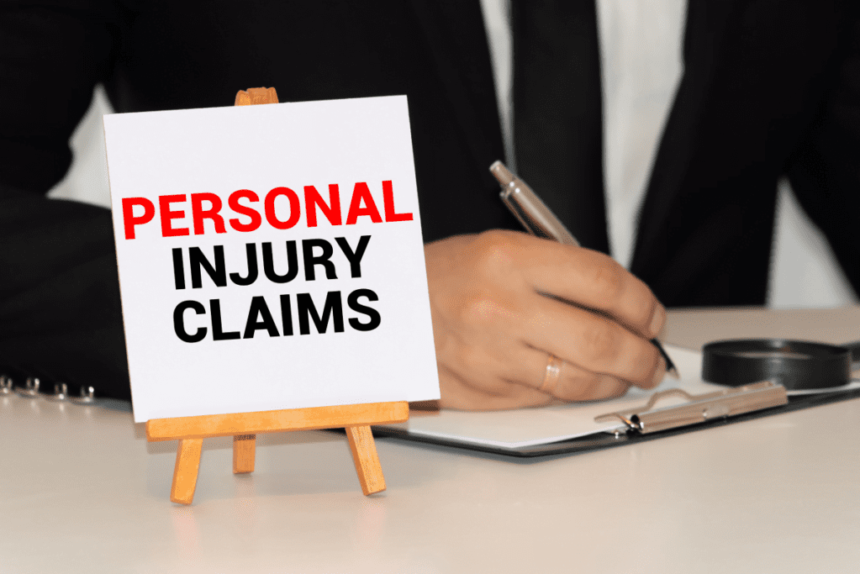Table of Contents
- Understanding Personal Injury Claims
- Types of Personal Injuries
- Steps to Take After an Accident
- Importance of Documentation
- Working with a Personal Injury Lawyer
- Common Mistakes to Avoid
- Settlement vs. Lawsuit
- Resources and Support
Understanding Personal Injury Claims
Personal injury claims are crucial legal disputes that surface when an individual suffers injury or harm due to someone else’s negligence. In the Bronx, the essence of these claims lies in compensating the injured party for the physical and emotional turmoil experienced, often covering medical expenses, lost wages, and rehabilitation costs. Engaging with a Bronx personal injury attorney can significantly ease the navigation through these intricate legal waters, offering clarity and direction in a stressful process.
The personal injury claim process in New York State is complicated, with various legal frameworks that differ significantly by jurisdiction. Lawsuits in this field predominantly focus on proving negligence and liability, which requires understanding legal principles and substantial attention to detail. Lawyers specializing in personal injury possess the expertise to gather and present compelling evidence, negotiate assertively with sizable insurance firms, and show the case convincingly in court if necessary.
Types of Personal Injuries
Diverse in nature, personal injuries encompass a range of incidents resulting from various situations. Vehicular accidents are among the most common, and they often cause injuries like whiplash, fractures, and even severe trauma such as brain injuries. In addition, slip-and-fall accidents, primarily due to negligence, can lead to significant harm, resulting in broken bones or severe head trauma. Moreover, workplace injuries contribute a substantial portion to personal injury claims, with risks associated with different job environments. Workplace injuries can significantly impact an employee’s ability to perform and earn, whether caused by machinery malfunctions in industrial settings or repetitive strain in office roles.
Steps to Take After an Accident
Acting quickly and carefully after an accident is essential for safeguarding your legal rights and well-being. First and foremost, ensuring all parties’ safety is paramount, often involving seeking medical attention, even for minor symptoms, as they can escalate into severe conditions over time. Carefully recording the accident scene, such as taking photographs, gathering witness accounts, and submitting a police report, is crucial for determining the details of the incident. Prompt notification of your insurance company about the accident also plays a vital role in initiating and progressing with a personal injury claim.
Importance of Documentation
The effectiveness of a personal injury claim frequently relies on the completeness and precision of the documentation. Detailed records, such as medical reports, accident descriptions, and corroborating witness statements, significantly bolster a claim’s credibility and strength. Adequate documentation lays the foundation for a straightforward narrative of the accident, minimizing the opportunity for disputes from opposing insurance entities seeking to discredit or downplay the victim’s compensation claims. Keeping organized records ensures critical details are not overlooked and aids in a smoother claim process.
Working with a Personal Injury Lawyer
Engaging a proficient personal injury lawyer distinguishes mediocre and favorable claim outcomes. Lawyers skilled in this field bring invaluable knowledge in assessing the case’s potential value, effectively identifying liable parties, and securing just settlements. Their experience mitigates procedural delays and protects victims’ rights and interests. Expert legal assistance enables claimants to focus on their healing and be secure in knowing that skilled professionals manage their legal issues.
Common Mistakes to Avoid
There are prevalent errors that people commonly make when dealing with personal injury claims, which might jeopardize the case’s integrity and outcome. A primary mistake includes discussing or making recorded statements to insurance adjusters without prior legal consultation, as these statements can be strategically employed to weaken your claim. Misjudging the injury’s seriousness and neglecting to follow medical advice can also detrimentally affect the compensation process. Steering clear of these pitfalls ensures that your claim remains robust and credible.
Settlement vs. Lawsuit
Determining whether to settle a claim or engage in a lawsuit is a critical decision that requires careful contemplation. Settlements are generally quicker and incur lower costs, providing victims with timely financial relief without enduring the complexities of a trial. Conversely, pursuing a lawsuit, potentially leading to higher compensation, involves an extended and unpredictable court process. Assessing factors like the evidence’s robustness and the involved insurer’s willingness to negotiate fair compensation is crucial in making this decision. Strategic consultation with a skilled attorney can provide clarity and guidance on which path aligns best with your circumstances and desired outcomes.






